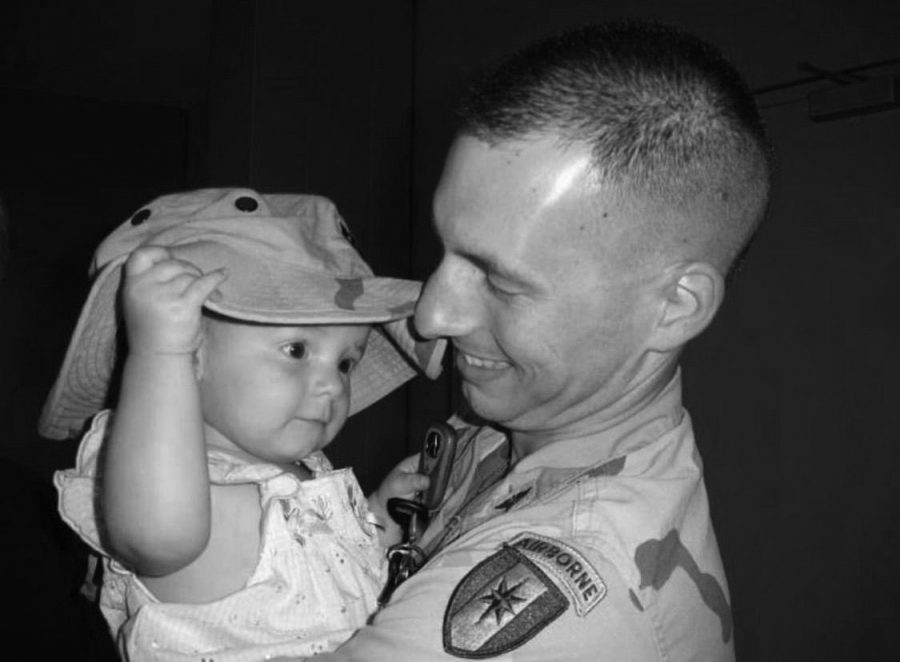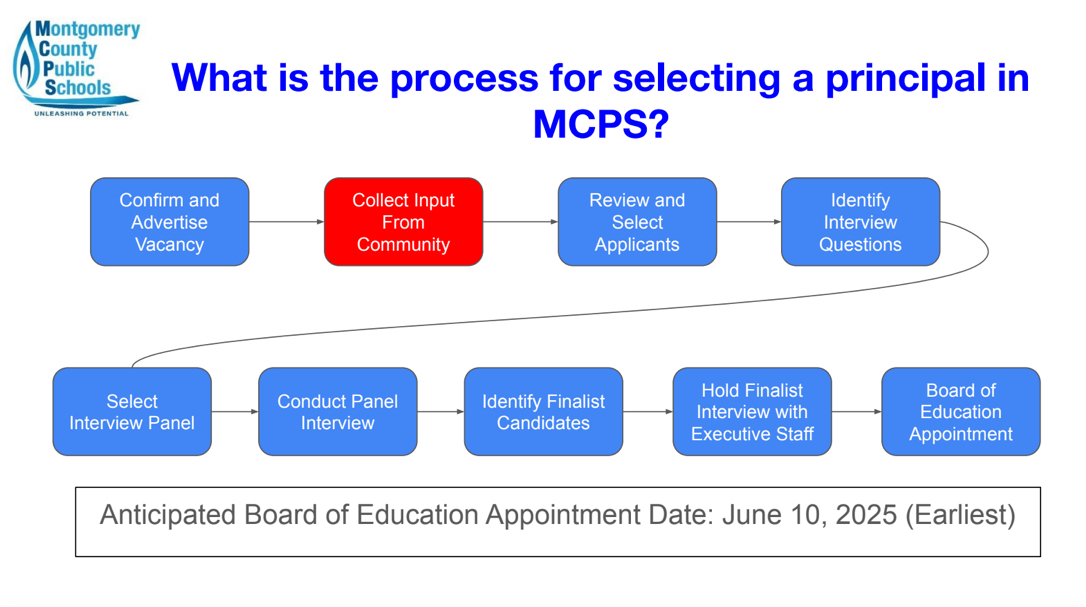“Ultimately, you understand that your parents are part of something far bigger than themselves,” -Michelle Obama
Contrary to what you may think, the life of a military family is more than discounts at LuluLemon. While it is great to get 15 percent off, it is not what my parents put their lives on the line for. For military kids, pride, patriotism, fear of parental deployment and constant misconceptions are all wrapped in one camouflaged package.
The fear of dual deployment
Like every family, mine has its ups and downs, but most families do not have to deal with parents on the other side of the world. My dad either leaves at the crack of dawn or works overnight. My mom was in the military too, but life is hard with two military parents so she left for the sake of my brother and myself. A truth often unknown about the military is that for some families, both parents get deployed. One parent overseas is hard enough, but military couples are at risk of dual deployment, which leaves their children with an interim caregiver like an aunt, uncle or other relatives.
The life of a military brat
Despite the negatively sounding connotations of the word “military brat,” I wear it proudly as a badge of honor. The term describes the subculture of living in a military family that often civilians do not experience. With the term comes moving around, stressors and cultural experiences that often make me statistically more resilient than those around me. My mom and dad signed up for the military, but I did not. Despite this, I take part in every move, deployment and obstacle thrown at me. Being a military brat has taught me so much about duty, responsibility and sacrifice that I will use in my future. “Ultimately, you understand that your parents are part of something far bigger than themselves,” Michelle Obama said in a meeting with military children in 2012.
I am one of the fortunate ones. I do not move as often as the average military brat. Most people in the active-duty military move every two to three years on average and children can change schools six to nine times before graduation. Sophomore Ethan Podberesky, also a military kid, has experienced his greatest life impacts when moving. He moved to New York after his dad was discharged from the Navy. “I think lots of people think that your parents died or were injured. I’ve been asked that a few times,” Podberesky said.
Leaving their children behind
In some cases, the entire family does not move with the parent actively serving. According to a survey done by the Military Family Advisory Network, 21 percent of military families live separately for a short time to have continuity in their child’s education. Consistent moving often leads to frequent school changes. These changes cause academic struggles and stress. Aside from moving, children who experience parental deployment often have lower academic averages than their civilian counterparts.
Missing the milestones
After I was born in Maryland, my family was moved to a base in Hawaii where my brother was born three years later. Two days after his birth, my dad was sent on a mission to a tiny island in the Pacific Ocean. He missed time with his newborn for his country and this has taught me the dedication that I should have toward everything I do. Deployment on average lasts about a year. When my dad was deployed to Iraq, the time he was there overlapped with my brother’s first birthday. Again, he missed another big moment as he served his country.
Being flexible and independent
Junior Emma Helgeson, another military kid, has only been forced to move once because of her dad’s job. She said that it is largely believed that all military families do is move, which is not the case for all families because of position and job. Like many other military children, from a young age, she had to accept that at some point in her life she might have to take on more responsibilities when a parent is away. “I feel like being in a military family requires you to be really flexible and independent. If one of your parents gets deployed, you have to compensate for that and help out a lot more around the house,” Helgeson said.
The financial burdens
Only 10 percent of all military families live on bases and government-owned housing, which is usually dated and substandard. This leaves the majority living outside of the bases and few in this school’s area. One of the closest bases is Walter Reed National Military Medical Center, which is in Bethesda, making it hard for commuting and getting to work at extremely early hours. Aside from the commute, the cost of living in the community is often far too high for military families to afford. Enlisted personnel early on make under $20,000 a year and starting salary for officers is less than $40,000 a year. Potomac’s median household income is around $163,000 a year according to United States census data, making Potomac almost unlivable for people of lower ranks in the military.
Societal misfortunes
Socially, it is difficult for people to make friends with moving always being questioned in your mind. I have to be prepared to leave my life behind and start again if duty calls. Connecting with people has been a noted struggle with military children. According to Dr. Michael Faran, chief of the Child, Adolescent and Family Behavioral Health Office at Army Medical Command, the most commonly found disorder in military children is anxiety, separation anxiety and excessive worry. While not all children experience this, those who move a lot and experience frequent deployment have greater showings of these disorders.
Surrounding military community
One of the great truths about being in a military family is, despite the difficulty in connecting to civilians, it is easy for your family to thrive on a base. In Hawaii, when I lived on a base, my family met some of the people who became woven into the rest of our lives. The family down the street drove my mom to the hospital while she was giving birth and my dad was at work. Another neighbor helped us catch our dog who had gotten loose. These friendships continued even after my family was sent back to Maryland. I learned early on that most friendships will not last and that was something that I needed to accept, but some do last because my family makes the effort to keep them.
The repercussions of military duties
Students may have been exposed to teary-eyed reunion videos that restore their faith in the goodness of the world, but what is shown on camera is never the full story. After the intimate moment that is shared with the world ends, the family has to learn to be a family again. While some service members come back with visible injuries, more often than not after a tour overseas, they will return with the invisible wounds of war. Not all of these will be as severe as PTSD and other traumatic brain injuries, but they may be small things that have changed since your parent’s return. Sounds of airplanes flying directly over my family on a ride in Disney World took my dad back to his helicopter ride in Baghdad where he was almost shot out of the sky. Even asking questions about things that happened over 10 years ago is hard for him. Thankfully, no physical injuries were obtained, but his time overseas will be with him forever.
The hidden nature of military brats
Military brats are often the small, forgotten subset of the community but carry with them experiences that many people would not even dream of experiencing. Podberesky and Helgeson may not move every two years, but continue to face challenges unknown by others who are part of their day-to-day lives. Things that are often considered normal for military brats are unbelievable to others. But, like a family business, many military children will end up in the military as well because of the way they were raised. Sienna Burch, a sophomore currently stationed in Oahu, Hawaii, wrote about the pros and cons of being a military brat. “Being a military child is really difficult. We are resilient and have overcome many difficulties. We are responsible. We help our mom raise our siblings. We are flexible and easy to get along with. We have tremendous stories to share and a life to live. Life as a military child can be rough at times, but also rewarding,” Burch said.








